<script type="text/javascript">
var sourceData = {sites:[{ name: "London" , Id: "0"}, { name: "Bath", Id: "1"}, { name: "Cambridge", Id: "2"}]};
$(document).ready(function () {
$(sourceData.sites).each(function (index, data) { var objName = "<div class='bold' id = place" + data.Id + ">" + data.name + "</div>"; $('#results').append(objName); });
$(sourceData.sites).each(function (index, data) {
$.getJSON("GenerateData.aspx?place=" + data.name, function (retData) {
$('#place' + data.Id)
.wrap("<a href=GenerateData.aspx?place=" + data.name + "></a>")
.append(retData.Wait); });
});
});
</script>
So basically generateData just returns a json which looks like:
{"name": "(place parameter passed back)", "Wait": 5000}
Except 5000 is actually Rand(0,5000) and also corresponds to a thread.sleep that executes before the request is returned.
What I can't understand is that while I'm getting some parallelisation (the order in which results are returned is random), the order in which they return is not from lowest to highest, and also the total return time is equal to the total wait times.
So there's no actual parallelisation of the requests against GenerateData, even though the requests seem to be sent out in parallel.
I've seen Asynchronous Controller is blocking requests in ASP.NET MVC through jQuery but that seems specific to MVC which I'm not using (yet).
Am I doing anything wrong from the jquery side, or is this another case of ASP.net sessions messing parallelisation up?
